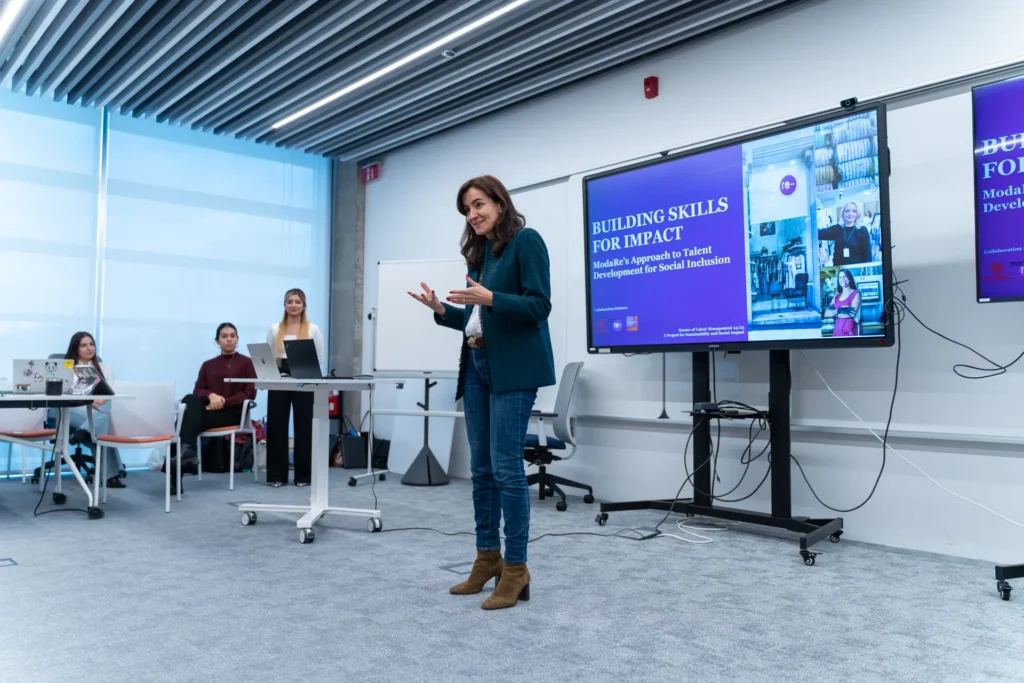What is the Von Restorff bias?
When multiple stimuli are presented, the item that differs from the rest is more likely to be remembered. This is the Von Restorff bias, which occurs due to the contrast between one element and the others.
Our brain is alert and ready to confront discrepancies, and therefore it pays more attention to that unusual element, which will stick to our brains for longer. Besides repetition, attention also plays a fundamental role in memorizing and how we recall information later.
The name comes from the first psychologist who worked on this bias, also known as the isolation effect, because the items our brains isolate for being unique are present in our working memory for longer than non-isolated items.
How does the Von Restorff bias influence my life?
When highlighting a text, you take advantage of the Von Restorff bias. It is a powerful mnemotactic resource that is instinctively used worldwide in different formats and approaches.
However, if we abuse this technique, it will lose its benefits and then it will be unlikely to trigger our memory.
The market is also aware of the fact that being distinctive makes brands more memorable. In services design, brands use differentiation strategies to turn even mundane products into something special.
An advertisement that stands out from the rest will be noticed and remembered more clearly than others. Human attention is a scarce commodity in the so-called “attention economy”. That is, getting people’s attention is an asset, and the Von Restorff bias is a strategic resource to achieve that.
What can I do about it?
It’s important to implement contrast in a way that doesn’t dilute its power. Otherwise, all our effort to make some information stand out will be wasted. Not being devoted to novelty or whatever seems unique is a good strategy to escape from some marketing traps. Benchmarking options is an excellent way to decide which one is best for us regardless of its novelty or how much it stands out in our memory.
If you want to apply this knowledge in a career focused on the common good, check our Master in International Management and our Master in Finance, and start to change the world with us.
If you want to apply this knowledge in a career focused on the common good, check our Master’s degrees: International Management, Finance or Talent Management, and start to change the world with us.
Because we’re re-solved to advance. We have the re-solution to advance.
Sources
“Personalizing the customer experience: Driving differentiation in retail”, by Erik Lindecrantz, Madeleine Tjon Pian Gi and Stefano Zerbi
- According to a 2020 report from McKinsey, 80% of customers want personalization from retailers, extending to the entire customer experience.
“The Effects of Negative Political Campaigns: A Meta-Analytic Reassessment”, by Richard R. Lau, Lee Sigelman and Ivy Brown Rovner
- In politics, negative campaigning is not a particularly effective tactic. However, negative ads are more memorable than positive ones. Once a campaign goes negative, its competitors must follow suit to essentially water down the Von Restorff effect that would otherwise take place.
“Aging and the Von Restorff isolation effect in short/term memory”, by R. S. Cimbalo and L. Brink
- The Von Restorff bias fades with age. Older people display lesser benefits for distinctive information compared to younger people.
“Isolation and distinctiveness in the design of e-learning systems influence user preferences”, by Hosam Al-Samarraie, Hassan M. Selim, Timothy Teo and Fahed Zaqout
- Isolation and distinctiveness in the design elements are key for remembering online learning content.
“Attention to Chinese menus with metaphorical or metonymic names: An eye movement lab experiment”, by Xianglan Chen, Hulin Ren, Yamin Liu, Bendegul Okumus and Anil Bilgihan
- Dish names can be crucial to attract customers’ attention when designing a menu.






